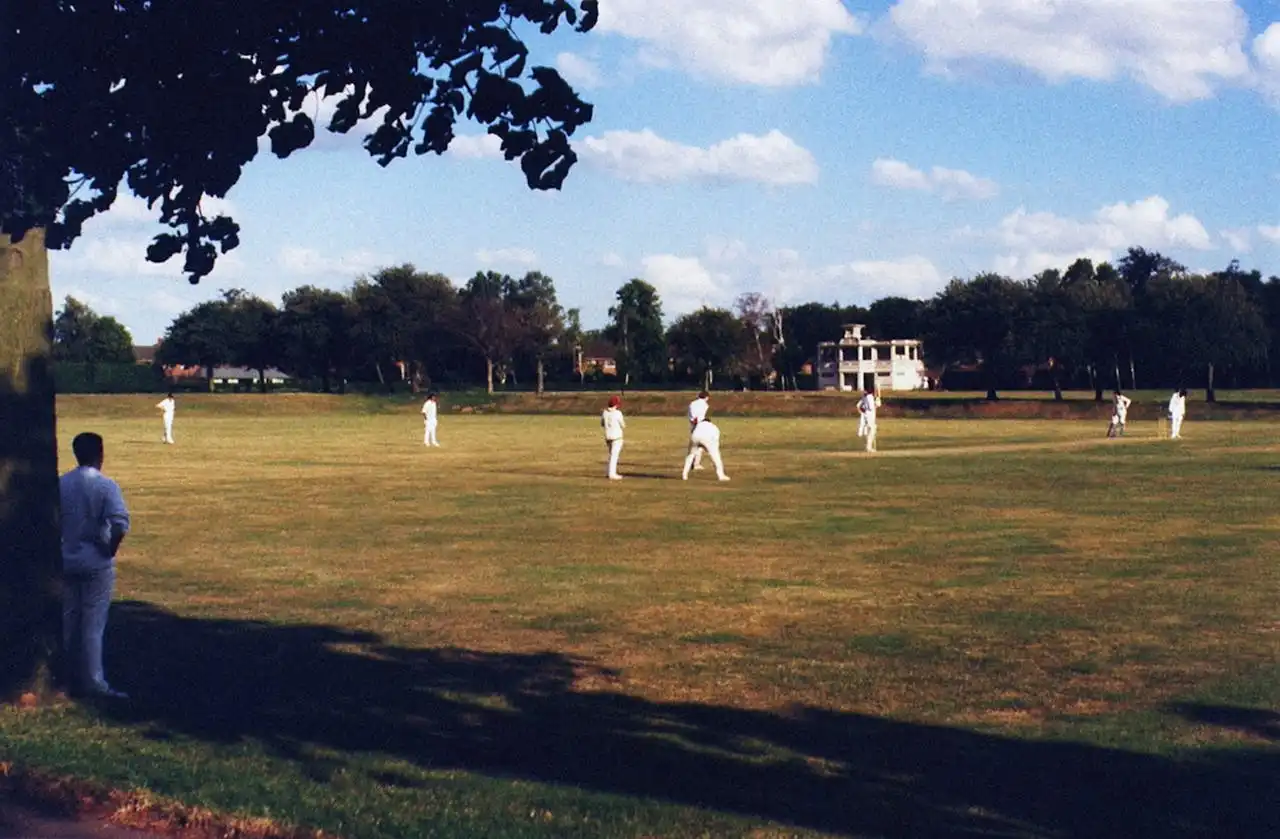The Gentleman's Game: Why Cricket Is Often Associated with Fair Play and Sporting Ethics
Muhe - Friday, 01 August 2025 | 09:00 PM (WIB)


The Spirit of Cricket: More Than Just Rules
At the very heart of this reputation lies a concept unique to the sport: "The Spirit of Cricket." It’s not merely a lofty ideal; it’s actually codified in the preamble to the Laws of Cricket, the game’s official rulebook. Yes, really! It explicitly states, "Cricket is a game that owes much of its unique appeal to the fact that it should be played not only within its Laws but also within the Spirit of Cricket." This isn't just fluffy language; it's a profound declaration that sets the tone. It means understanding that while winning is the goal, upholding the game's integrity and showing respect for opponents, umpires, and the game itself is paramount. It’s a pretty cool testament to a sport that values character as much as crushing sixes.So, what does this "Spirit" look like on the field? For starters, there’s the famous tradition of "walking." Imagine being a batsman, you've snicked the ball ever so slightly, the wicketkeeper has pouched it, but the umpire, bless their cotton socks, hasn't heard a thing. In many sports, you'd probably stand your ground and wait for the official's decision. But in cricket, there's an unwritten rule, a gentlemanly expectation, that if you know you're out, you simply turn and walk back to the pavilion. No need for the umpire to raise the finger, no arguments, just an honest admission. It's a spontaneous act of self-policing that epitomises fair play and, when it happens, it truly makes you go, "Wow, that's proper sportsmanship!"Then there's the art of appealing. In most sports, it's often a frantic, shouting affair. In cricket, when a fielding side thinks they've got a wicket, the appeal to the umpire is traditionally a polite, almost questioning, "Howzat?" (short for "How's that?"). While things can get heated in the thick of a high-stakes match, the underlying expectation remains a courteous query, rather than an aggressive demand. Similarly, the acceptance of the umpire’s decision, even controversial ones, is usually immediate. Players might exchange a glance, but rarely do you see the prolonged, furious arguments common in other competitive arenas. It's about respecting authority and moving on, understanding that mistakes happen.Beyond the Boundary Ropes: Etiquette and Camaraderie
The ethical framework extends well beyond the boundary ropes. Cricket, particularly in its longer formats, features designated breaks for lunch and tea. These aren't just practical pauses; they're social rituals. Players from opposing teams often mingle, share a cuppa, and chat, temporarily shedding their competitive roles. It's a charming quirk that fosters a unique camaraderie. You won't find many other professional sports where rivals break bread together mid-game! Post-match handshakes, often accompanied by genuine conversations, are also a non-negotiable part of the routine, regardless of the result.Historically, aggressive "sledging" (verbal taunting) was largely frowned upon. While it has unfortunately become more prevalent in the modern game, there's still a strong undercurrent of disapproval for anything that crosses the line from competitive banter to genuine disrespect or personal abuse. Players are, by and large, expected to carry themselves with dignity, both on and off the field. Captains, in particular, bear a huge responsibility for upholding this ethos, setting the tone for their teams and leading by example. A captain who demands high standards of conduct from their players often earns more respect than one who solely chases victory at any cost.Challenges and the Enduring Ideal
Now, let's be real. Is cricket always perfectly pure? Nah, of course not. No sport, particularly in today's high-stakes professional landscape with millions on the line, can claim absolute ethical perfection. There have been controversies, instances of questionable conduct, and moments when the "Spirit of Cricket" has been undeniably tested. Professionalism, intense rivalries, and the sheer pressure to win can sometimes push players to the brink. Debates around things like 'Mankading' (a legal but often controversial dismissal where the bowler runs out the non-striker for backing up too far) highlight the tension between strict adherence to the rules and the perceived spirit of the game. It shows that even within cricket, what constitutes "fair" can sometimes be debated. But the important thing is that these instances are often met with widespread condemnation, reinforcing the idea that they are aberrations, not the norm.Despite these occasional bumps in the road, the enduring association of cricket with fair play and sporting ethics isn't just historical nostalgia; it's a living ideal. It's a testament to a sport that continues to value respect, integrity, and good conduct above all else. It reminds us that sport can be more than just a contest; it can be a classroom for life, teaching lessons about humility, perseverance, and the importance of playing the game "the right way." It’s a pretty cool blueprint, if you ask me, for how competitive endeavors across the board could strive to be. And that, in a nutshell, is why cricket will likely forever remain "The Gentleman's Game."
Unleashing the Wild: A Deep Dive into the UTMB World Series
6 months ago

Marc Márquez Imbattibile: Hungary Dominance and a Preamble to the Title
6 months ago

Dump the Gym Membership: Your Guide to Feeling and Slimming Down, No Fancy High-Tech Equipment Required!
6 months ago

The Uncharted Frontier: Marc Marquez's Pursuit of Overcoming MotoGP's Last Frontiers
6 months ago

When Rivals Become Relatives (Of Sorts): Rossi and Stoner's Unexpected Chill-Out Session
6 months ago

The Unsung Hero of Marathon Training: Why Consistent Long Runs Are Your Secret Weapon
6 months ago

The Carbon Conundrum: Why Your Super Shoes Shouldn't Be Your Daily Drivers
7 months ago

Uncovering the World's Most Prestigious Cycling Races: From Grand Tours to Monumental Classics
7 months ago

The Rise of Ben Shelton: From NCAA Champion to ATP Masters Winner
7 months ago

A Champion's Whispers: Mika Hakkinen's Unvarnished Advice to Lewis Hamilton and Ferrari
7 months ago
